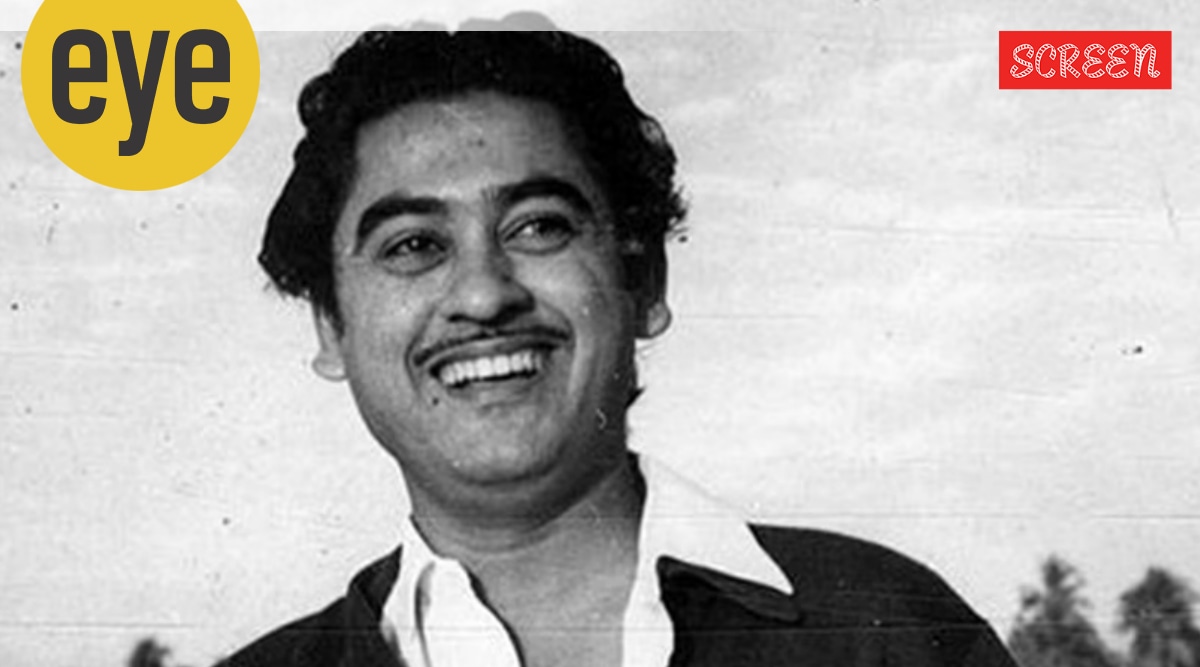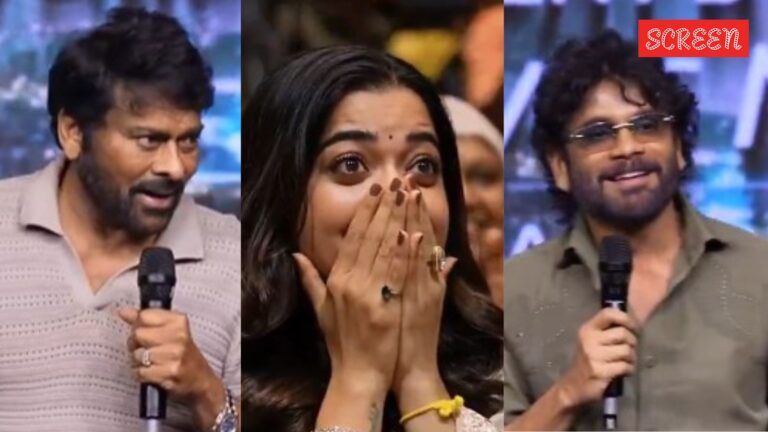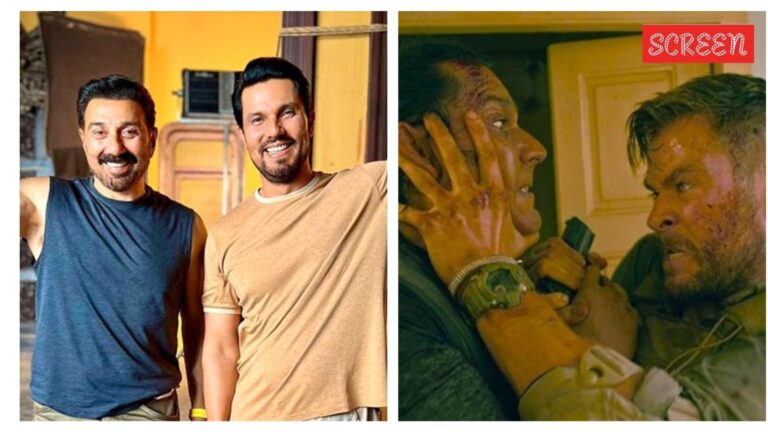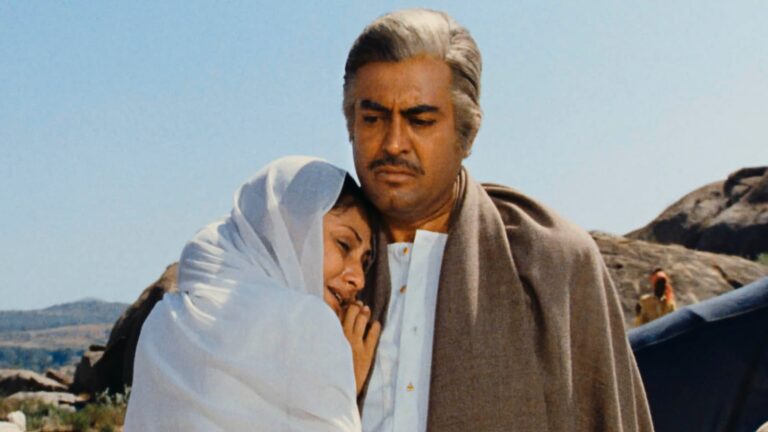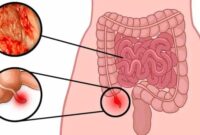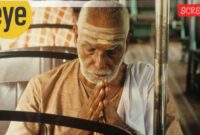When Sanjay Gandhi, the unelected son of Prime Minister Indira Gandhi, wanted to promote his 20-point programme — a list he put down as socio-economic development initiatives — during the Emergency, he decided to commission members of the film industry to further his reform agenda.
He organised ‘Geeto Bhari Shaam’, the state-sponsored charity event under the aegis of the Indian Youth Congress, in Delhi’s Ambedkar Stadium on April 11, 1976. Even as brute force was used for a mass sterilisation drive under the guise of family planning all over the country (11 million were eventually sterilised), the programme went on. This was the time actor Dilip Kumar spoke about population outbreak and need for family planning from the stage. He even used a couplet to highlight his point besides compering a chunk of the programme. Lata Mangeshkar, Asha Bhosle, Mukesh and Mahendra Kapoor crooned under RD Burman’s baton. Amjad Khan took on the Gabbar avatar to tell Burman, “Bahut jaan hai iske sangeet mein,” as the audience went into splits.
 Mohd Rafi and Kishore Kumar had immense respect for each other. (Photo: Express ARchives)
Mohd Rafi and Kishore Kumar had immense respect for each other. (Photo: Express ARchives)
Amitabh Bachchan recited Sahir Ludhianvi’s ‘Kabhi kabhi mere dil mein khayal aata hai’ just before actors Rakhee and Shashi Kapoor announced the song from the film ‘Kabhie Kabhie’ (1976). Shabana Azmi and Zeenat Aman shook a leg as Bhosle sang ‘Hare rama, hare krishna’, the eponymous song from the 1971 film, starring Dev Anand and Aman.
While some of the most sought-after names were present in the gathering, Kishore Kumar, a fixture in Burman’s numerous songs, such as ‘Ye shaam mastani’ and ‘Ek main aur ek tu’, including the recent hit ‘Sholay’, was missing from the event. He was also that year’s Filmfare winner for the title song in the Uttam Kumar and Sharmila Tagore-starrer ‘Amaanush’ (1974). The Emergency took place at the peak of his popularity. Kumar had refused to be part of the event and said ‘no’ to singing jingles for the government, even though the directive had come straight from the top. Gandhi was also looking at alleviating despair from people’s lives and Kumar’s presence seemed necessary for that.
According to ‘Kishore Kumar, the Ultimate Biography’ (Harper Collins, 2022) by Aniruddh Bhattacharjee and Parthiv Dhar, SMH Burney — the then secretary in the Ministry of Information and Broadcasting headed by VC Shukla — had approached Kumar in January 1976 to be part of the show. The singer refused, mainly because it felt like an order and not an invitation.
Also read – Kishore Kumar: The Ultimate Biography pieces together the many ups and downs of the actor-singer’s life
Burney was swiftly directed to arrange a meeting with a few government officials and industry representatives in Mumbai. The meeting took place on April 29, 1976, days after ‘Geeto Bhari Shaam’ in the Capital. It was attended by GP Sippy, the then head of the All-India Film Producers’ Council, director Shriram Bohra, BR Chopra, Subodh Mukerji and Nasir Hussain, among others. It is also reported that Sippy tried to persuade Kumar, who wouldn’t budge. He also refused to meet Joint Secretary CB Jain regarding the same.
Story continues below this ad
Kumar is quoted from one of his interviews in the book: “I did what I thought best. Singing at private functions is definitely not an anathema. With genuine love and respect, I am only too eager to bend. However, if someone decides to rest his foot in my head, he will not have the good fortune to witness the best of my courtesies.” Years later, he told Pritish Nandy in an interview, “No one can make me do what I don’t want to do. I don’t sing at anyone’s will or command.”

Kumar’s refusal was taken as rebellion and defiance. A sweeping ban on all his songs was imposed on May 4. They were removed from AIR and Doordarshan broadcasts, including on Ameen Sayani’s ‘Binaca Geetmala’. The sale and distribution of his records were halted. Jain also wanted the BBC to stop the broadcast. According to the book, the note from Burney — approved by Shukla a week after the order came into effect — read: “All the songs of Sri Kishore Kumar should be banned from AIR and DD and that all films in which he was the playback singer should be listed out so that suitable action can be taken against these films. Besides, the representative of HMV and Gramophone recording companies should be sent for and, in consultation with the Ministry of Education, the sale of Sri Kishore Kumar’s records and discs should be frozen.”
Eventually, former Shiv Sena chief Bal Thackeray stepped in and held a meeting with Kumar, Raj Kapoor, Vijay Anand, Dev Anand (who was a vociferous protester of the Emergency) and Shukla. Kumar finally agreed to be part of another show at the Sanjay Gandhi Flying Club. The ban was lifted on June 16, 1976, two days after the meeting.













